On This Day October 25, 732, the battle of Poitiers would have taken place between the troops of Charles Martel and those of Arabs coming from Spain.
On This Day October 25, 732, the battle of Poitiers would have taken place between the troops of Charles Martel and those of Arabs coming from Spain.
For a week, maneuvers and skirmishes take place on the borders of Poitou and Touraine. After these skirmishes, the decisive confrontation takes place, over two days. Abd el-Rahman launches his cavalry on the Franks. These, formed in a palisade "like a motionless wall, sword in hand and like a rampart of ice", spears pointed in front of the shields, await the shock. It seems that the image has something correct insofar as it is the solidity of the Frankish lines that impressed the Arab-Berber troops.
The scrum begins and the Franks manage to push back their opponents. But they did not have the opportunity to attack a second time because for their part the Vascons, commanded by Eudes, took the enemy from the rear and threw themselves on the Muslim camp. Believing their booty and their families threatened, the Moorish fighters return to their camp. They suffer heavy losses and Abd el-Rahman is killed. The survivors, forced to return to the south of the Pyrenees were attacked by the Vascons when crossing the passes.
The next day, at daybreak, Charles gives the order to attack, but the camp is empty, the Muslims have fled in the night. According to a local legend in the Haut Quercy region, Abd el-Rahman was not killed at the battle of Poitiers but simply retreated to his rear bases in Narbonne. Pursued by the Frankish troops of Charles Martel, he would have been killed and his army exterminated during a battle fought in Louchapt at the foot of the Sangou cliff, in the Lot, in 733. The town hall of the town of Martel was built, also according to a local legend, on the site of the battle.
This defeat marks the end of the Muslim expansion northward and further Charles's ambitions. Responding to the call for help from Duke Eudes d'Aquitaine, he took advantage of the advance of Muslim troops to intervene in a region that refused to submit to his rule. Fortified by his victory, Charles seized Bordeaux and set foot in Aquitaine, without submitting it immediately: on the death of Eudes, it was his sons who succeeded him. Following the battle, the Muslim troops were not driven out of Gaul: allied with the Lombards, Charles Martel still had to campaign against them in Provence and Septimanie between 737 (he subdued the Patrice Mauronte, an ally of the Saracens, and moreover defeated the new Umayyad governor during the Battle of Berre, south of Narbonne) in 737.
Thus, the victory of Poitiers does not entail the final departure of the Muslims (failure of the siege of Narbonne, the city will remain ruled by an Umayyad governor until 759), but the systematic intervention of the Franks, the only ones capable of opposing their. While Muslim expansion was halted, especially in the southwest, Muslim raids continued for several decades. Charlemagne beats around 800, at the Battle of Bois des Héros (in Saintonge), a Muslim troop which was raiding the country. Provençal fortresses served as a base for forays into the country until the end of the tenth century.
Michel Rouche ultimately considers Eudes d'Aquitaine as the real vanquished of Poitiers. The prestige brought by this victory to the Pepinides could facilitate, a few years later, the political ousting of the Merovingians.
Join us on Great Military History : Battles and Wars of the day
Billet de France
➡ https://billetdefrance.fr
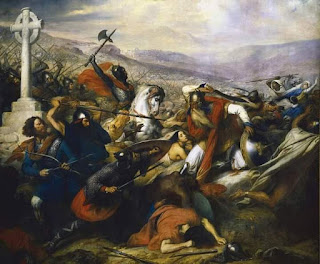



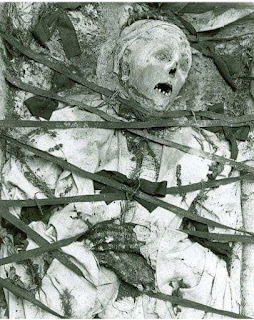
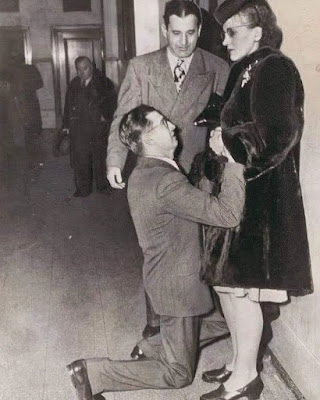
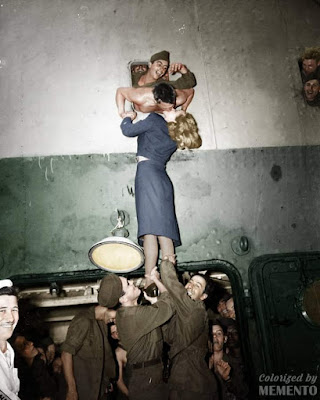


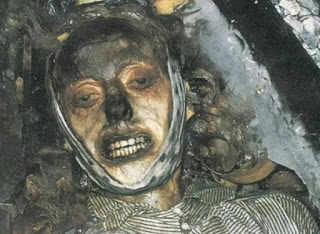
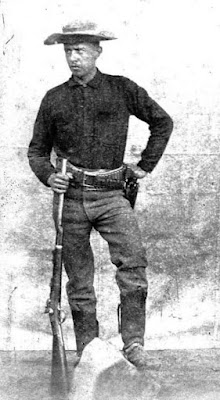
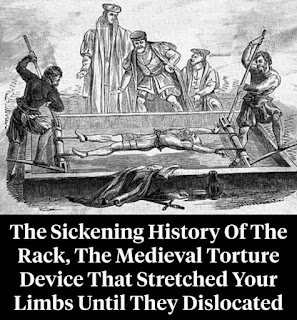
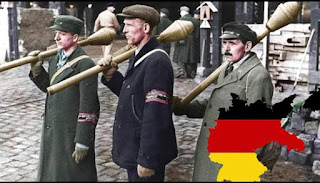
Comments
Post a Comment